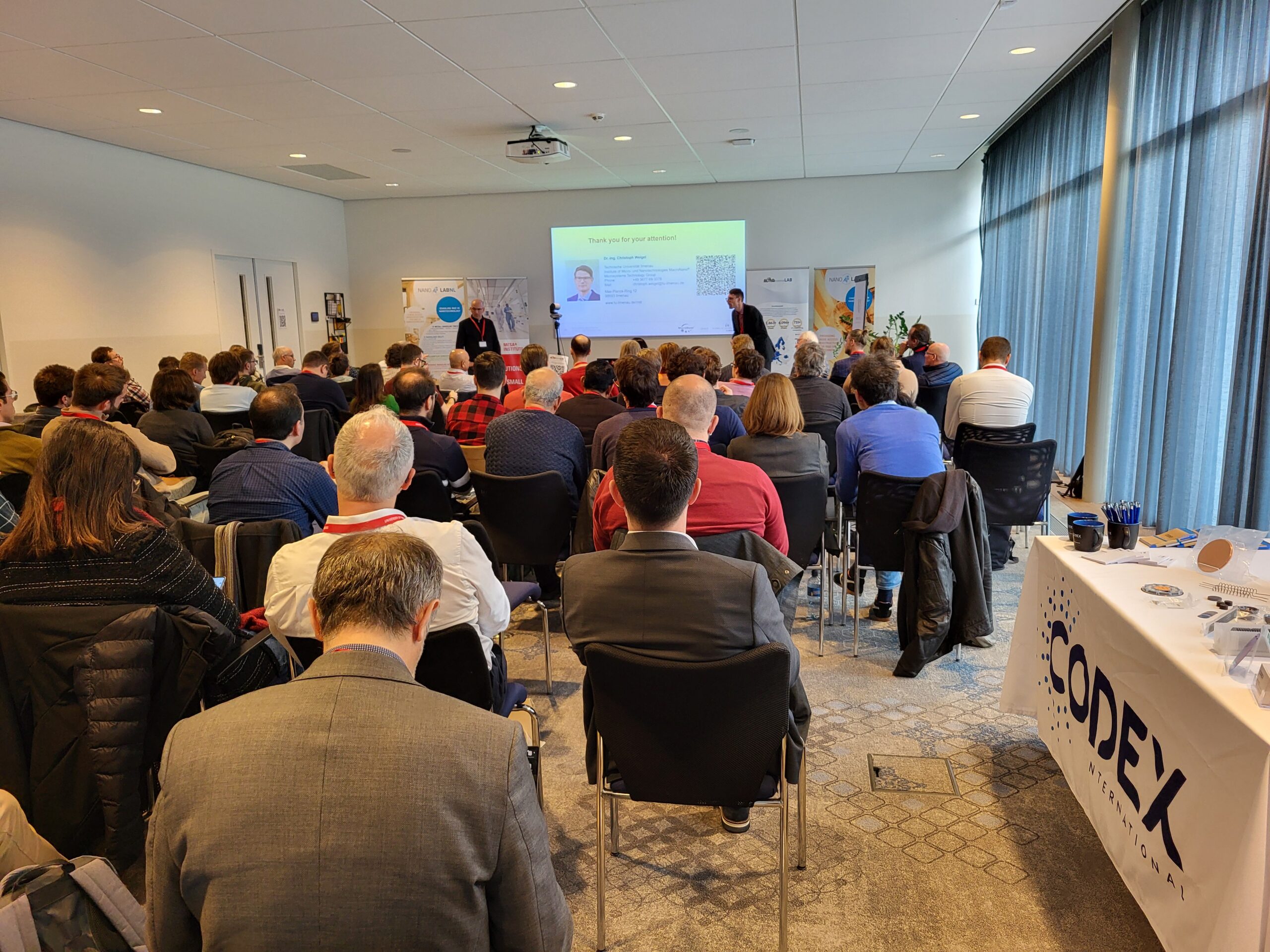
Codex International a le plaisir d’annoncer le franc succès de sa participation au salon Euronanolabe, qui s’est tenu du 9 au 12 avril à l’université de Twente.
Ce salon a été l’occasion pour nous de rencontrer de nombreux visiteurs, clients et partenaires, et de leur présenter nos derniers produits et innovations.
Nous avons été particulièrement touchés par l’accueil chaleureux et l’intérêt que vous avez porté à nos solutions. Vos questions et commentaires nous ont permis de mieux comprendre vos besoins et les défis auxquels vous êtes confrontés.
Nous tenons à remercier tous ceux qui ont visité notre stand.
Votre présence et votre soutien ont contribué à faire de cette participation un véritable succès.
Nous sommes impatients de poursuivre nos discussions avec vous et de vous soutenir dans vos projets.
N’hésitez pas à nous contacter pour toute information complémentaire.
L’équipe de Codex International
![[Euronanolab] - Codex international](https://codex-international.com/wp-content/uploads/2024/05/20240410_130608-scaled.jpg) Découvrir
Découvrir
